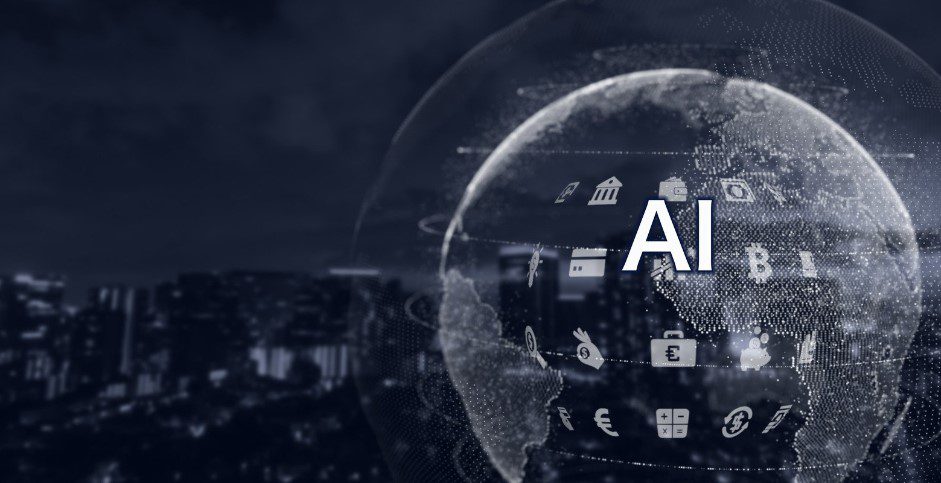Future Trends in AI Testing: What to Expect in the Next Decade

Artificial Intelligence (AI) has rapidly transformed various industries, driving innovation and improving efficiency. As AI continues to evolve, rigorous testing becomes paramount to ensure these systems are reliable, unbiased, and secure. This article explores the future trends in AI testing, providing insights into what we can expect in the next decade.
Evolution of AI Testing
AI testing has come a long way since its inception. Initially, AI systems were simple and required basic validation techniques. Today, with the complexity of machine learning models and neural networks, testing methodologies have also evolved. Despite significant progress, current AI testing practices face limitations, such as difficulty understanding and interpreting model behaviors and ensuring unbiased results. Addressing these challenges is crucial as we look to the future.
Enhanced Automation in AI Testing
One of the most promising trends in AI testing is enhanced automation. The rise of sophisticated automated AI testing tools is transforming the landscape. By integrating AI into testing processes, these tools can perform more complex and comprehensive tests than traditional methods. Automated AI testing can quickly identify issues, provide detailed insights, and suggest improvements. However, this shift also presents challenges, such as the need for high-quality training data and the potential for over-reliance on automated systems.
Testing for Bias and Fairness
As AI systems become more integrated into daily life, the issue of bias has come under scrutiny. Ensuring that AI systems operate fairly and without discrimination is critical. Future AI testing will increasingly focus on detecting and mitigating bias. Techniques such as fairness-aware machine learning and bias detection algorithms are being developed to address these concerns. Establishing robust standards for fairness in AI testing will be essential to maintain public trust and compliance with regulations.
Testing for Robustness and Security
AI systems must be robust and secure to withstand various stressors and potential attacks. Future testing methodologies will prioritize robustness, ensuring AI models can handle unexpected inputs and environments. Security testing will also become more sophisticated, focusing on identifying vulnerabilities and defending against adversarial attacks. As AI systems are deployed in critical applications, ensuring their resilience against malicious threats will be a top priority.
Explainability and Transparency Testing
With AI models’ increasing complexity, there is a growing demand for explainable AI (XAI). Users and stakeholders need to understand how AI systems make decisions. Future testing will emphasize techniques that enhance explainability and transparency. Methods such as model interpretability, visualizations, and transparency reports will become standard practices. Regulatory bodies are likely to impose stricter requirements on transparency, making it a critical aspect of AI testing.
Testing for Ethical Compliance
AI systems must adhere to ethical standards, considering their significant impact on society. Ethical compliance will be a major focus in future AI testing. Frameworks for ethical AI testing are being developed to ensure systems align with societal values and ethical norms. This involves testing for privacy, consent, and accountability. The regulatory landscape will likely become more stringent, requiring organizations to demonstrate ethical compliance in their AI systems.
Integration of AI Testing with DevOps
Integrating AI testing within DevOps practices is set to streamline the development and deployment of AI systems. Continuous integration and continuous deployment (CI/CD) pipelines will incorporate AI testing tools, enabling seamless and automated testing throughout the development lifecycle. This integration will improve the efficiency and reliability of AI deployments, ensuring that issues are identified and addressed promptly.
AI Testing in Specialized Domains
Different industries have unique requirements and challenges regarding AI testing. For example, AI in healthcare must comply with strict regulatory standards, while AI in autonomous vehicles needs rigorous safety testing. Future trends in AI testing will include developing domain-specific solutions tailored to the needs of various industries. Innovations in these areas will ensure that AI systems can be safely and effectively implemented in specialized fields.
The Role of Human Testers
Despite advances in automation, human testers will continue to play a crucial role in AI testing. Their expertise and intuition are invaluable in identifying nuanced issues that automated systems might miss. The role of human testers will evolve, requiring new skills and knowledge to collaborate effectively with AI systems. Training and education in AI testing will become more prevalent, ensuring a skilled workforce capable of managing the complexities of future AI technologies.
Predictions for the Next Decade
Experts predict significant breakthroughs in AI testing technologies over the next decade. We expect more sophisticated automated testing tools, improved bias and fairness detection techniques, and enhanced robustness and security testing methods. The importance of rigorous and comprehensive testing will only grow as AI advances. In the long term, these innovations will lead to more reliable, transparent, and ethical AI systems, benefiting society.
Conclusion
In conclusion, the future of AI testing is poised for exciting developments. As AI systems become increasingly integral to various aspects of life, ensuring their reliability, fairness, and security will be paramount. By staying ahead of emerging trends and adopting advanced testing methodologies, we can build AI systems that are not only innovative but also trustworthy and ethical. The next decade promises to be a transformative period for AI testing, shaping the future of technology and its impact on society.
